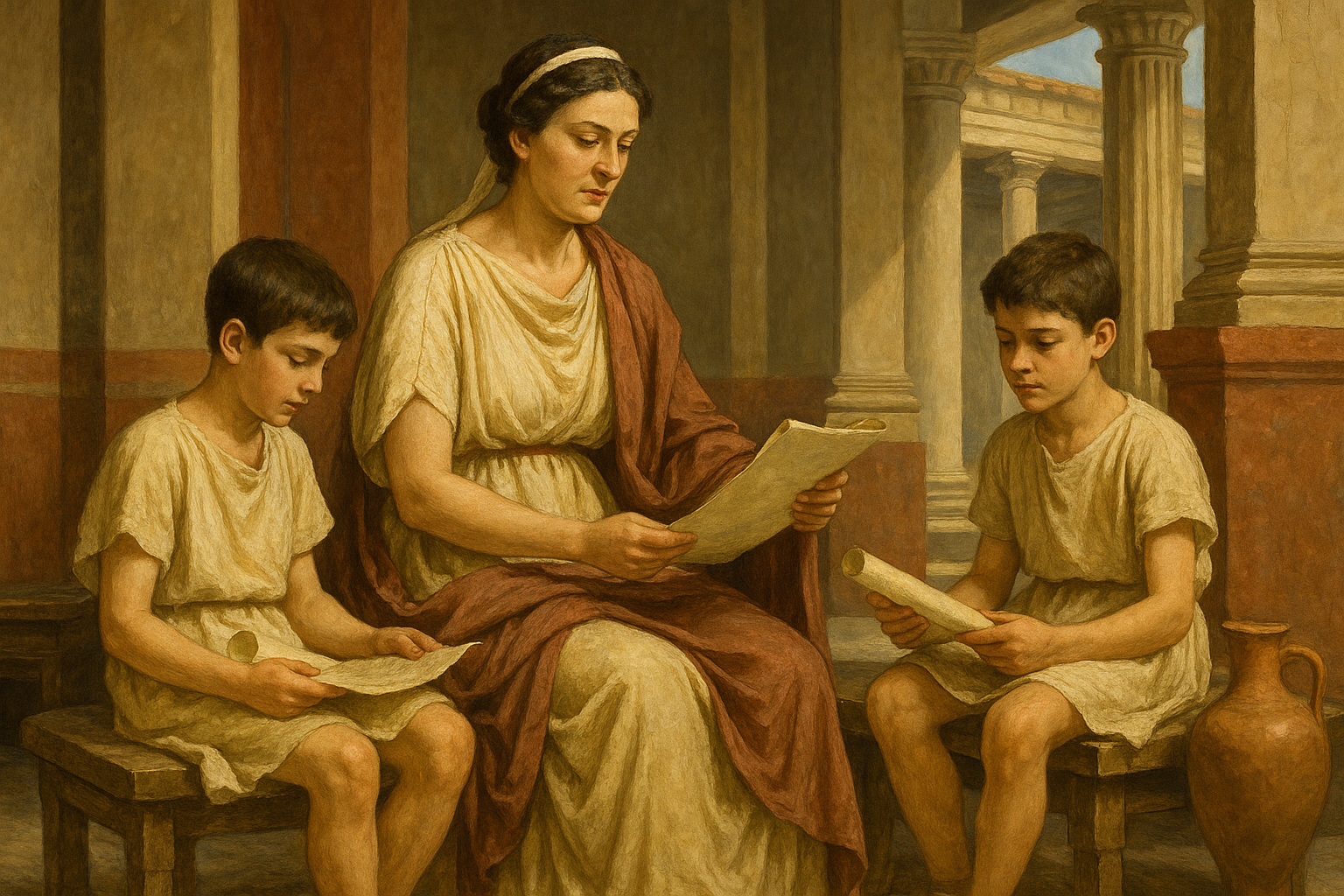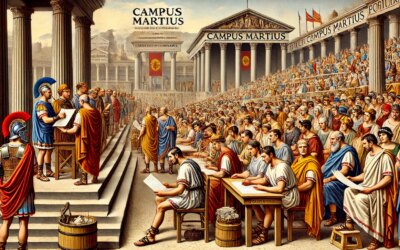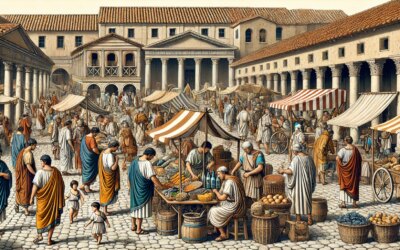A Matron’s Legacy Beyond the Domestic Sphere
Cornelia Africana, born circa 190 BC and deceased around 100 BC, stands as one of the most celebrated women of the Roman Republic. Daughter of Publius Cornelius Scipio Africanus—victor of Zama in 202 BC—and mother to the reformers Tiberius and Gaius Gracchus, Cornelia’s life bridges military triumph and social upheaval. In an era when elite Roman women remained largely confined to domestic roles, Cornelia emerged as an exemplar of maternal virtue, education, and political influence. Through her guidance, her sons would challenge entrenched privileges, heralding trials that reshaped Rome’s socio‑political fabric.
Early Life: A Scipionic Heritage
Born to one of Rome’s most distinguished families, Cornelia was raised within the opulent yet duty‑bound household of Scipio Africanus. Her father’s triumph over Hannibal at Zama cemented the Cornelii’s prestige. Educated in literature, rhetoric, and moral philosophy—a rarity for Roman women—Cornelia absorbed Stoic ideals of virtue and duty. These values would later inform her maternal approach and public persona. Marrying Tiberius Sempronius Gracchus, a respected consul in 177 BC, she balanced familial responsibilities with a reputation for piety and moral rectitude.
Educating Rome’s Reformers
Instilling Stoic Principles
Cornelia’s household was a center of intellectual exchange. She encouraged her sons to read Greek poets, study law, and emulate Roman exemplars of public service. According to Valerius Maximus, Cornelia presented her sons as her “jewels,” responding to those who asked her to display her treasures: “I am tempted to show you my jewels”—and pointing to Tiberius and Gaius. This anecdote crystallizes her belief that moral and civic education outweighed material wealth.
Foundations of Reformist Thought
Under Cornelia’s tutelage, Tiberius developed a vision of land redistribution to assist impoverished veterans and farmers. Gaius absorbed ideas on judicial and commercial reforms. Although Cornelia herself did not overtly engage in politics—Roman law forbade women from holding office—her correspondence and counsel reached the highest halls. Friends of the family, including the elder statesman Laelius and philosopher Pancratius, frequented her home, fostering an environment where reformist ideas took root.
The Public Image of Virtue
In Roman society, a matron’s reputation for chastity, modesty, and pietas determined her social capital. Cornelia balanced these expectations with a distinctly public role. She managed her household’s finances, oversaw religious rites, and hosted salons where politicians and intellectuals congregated. Her annual observance of the Vestalia, honoring Vesta, underscored her devotion to Roman traditions.
Trials of Motherhood Amid Turmoil
When Tiberius Gracchus rose to tribune in 133 BC, Cornelia offered discrete guidance. His proposal for agrarian reform sparked fierce opposition from patrician senators, leading to his violent death during a riot on October 13, 133 BC. Grief‑stricken yet resolute, Cornelia channeled her sorrow into raising her younger son, Gaius. His own tribunate (123–122 BC) aimed at expanding judicial access and subsidized grain distribution. Gaius, too, met a tragic end in 121 BC. Cornelia survived both, her stoic endurance embodying the very virtues she had imparted.
Scholarly Perspectives on Cornelia’s Influence
Modern Reappraisals
Contemporary historians increasingly recognize Cornelia’s subtle yet profound agency. Dr. Mary Beard highlights her home as “a hub of republican ideals,” arguing that elite women could shape politics indirectly.1 Archaeological evidence from the Sempronia gens tombs suggests Cornelia commissioned inscriptions extolling filial duty, reflecting her emphasis on legacy.
Symbol of Roman Maternal Ideals
Cornelia’s portrayal in Renaissance and Enlightenment art reinforced an archetype of enlightened motherhood. Paintings by Angelica Kauffman (late 18th century) depict Cornelia in neoclassical robes, offering her sons scrolls—an image peddled as moral instruction in Europe. This appropriation underscores her enduring symbolic power.
Enduring Impact on Roman Society
While her sons’ reforms were ephemeral, Cornelia’s model of female virtue and intellectual engagement resonated through generations. Later Roman matrons—such as Livia Drusilla and Poppaea Sabina—drew on her example, seeking influence behind the scenes. Under the Empire, inscriptions praising maternal pietas often cite Cornelia first, a testament to her status.
A Matron for the Ages
Cornelia Africana’s life illuminates the delicate intersection of gender, education, and power in the Republic. Though barred from official office, she wielded influence through character and counsel, shaping two pivotal careers and setting an enduring standard for Roman matronae. In evaluating her legacy, we see that the corridors of power extend well beyond senate chambers—into the halls of family and the quiet force of moral persuasion.






